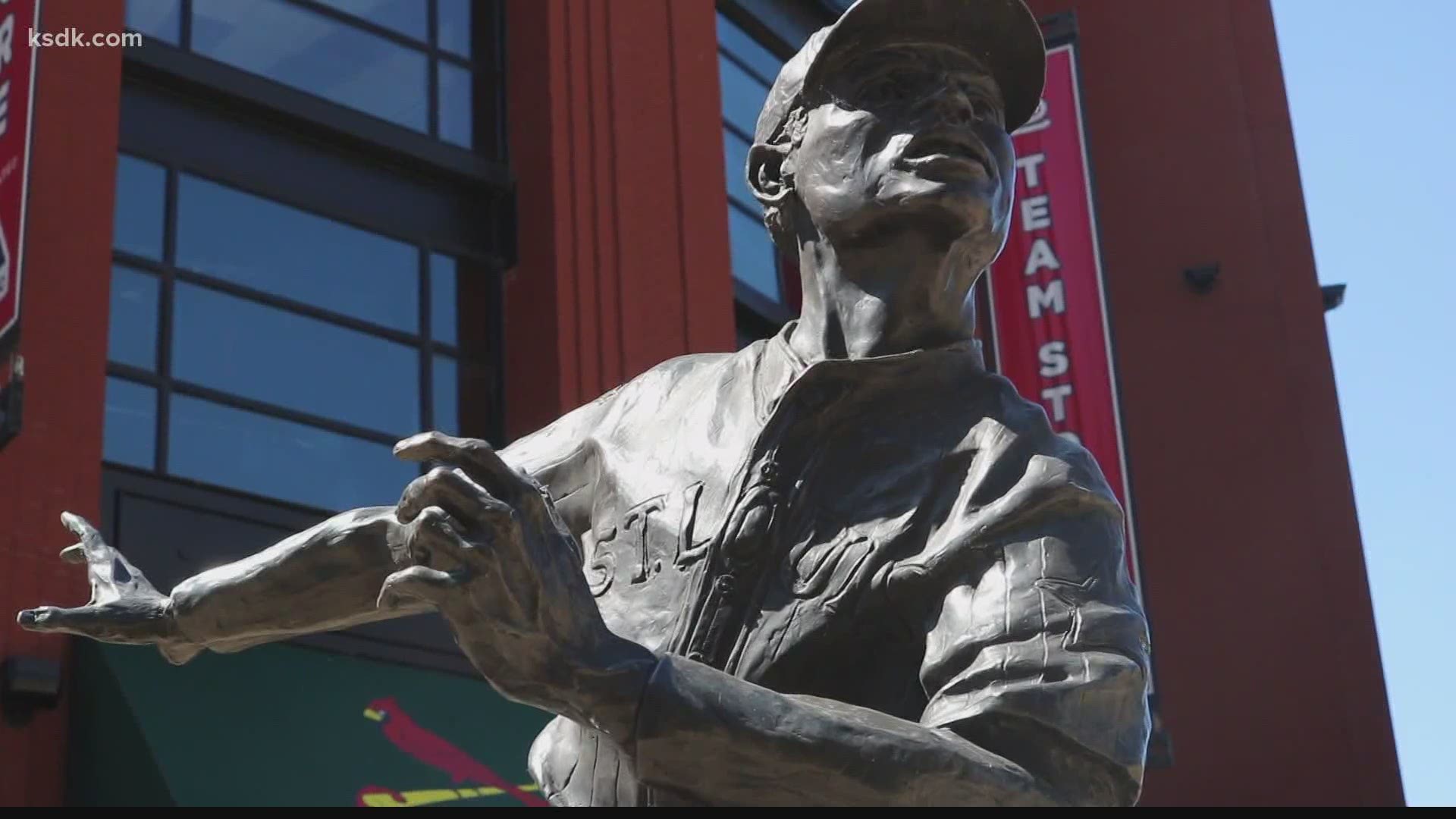ST. LOUIS — If you've ever gone to a Cardinals game, you've probably taken some time to check out the statues out near the left field gate.
Of course there's Ozzie, Red, Dizzy and Stan. You know them.
But there are two statues among the group of men who never played a single inning for the Cardinals. One is Browns legend George Sisler. The other is perhaps the fastest man to ever play baseball. His name was James "Cool Papa" Bell.
2020 is the 100th anniversary of the founding of the Negro Leagues. Major League Baseball was actually all set to honor the Negro Leagues in late June during the season, before the COVID-19 pandemic hit.
Bell is easily the most legendary Negro Leagues player to ever leave his mark on St. Louis. So, let's get to know him a little bit better.
Bell played for the St. Louis Stars, which evolved from the St. Louis Giants, one of the original eight Negro League franchises, from 1922 to 1931.
They were a juggernaut, and one of the best professional teams in the history of St. Louis.

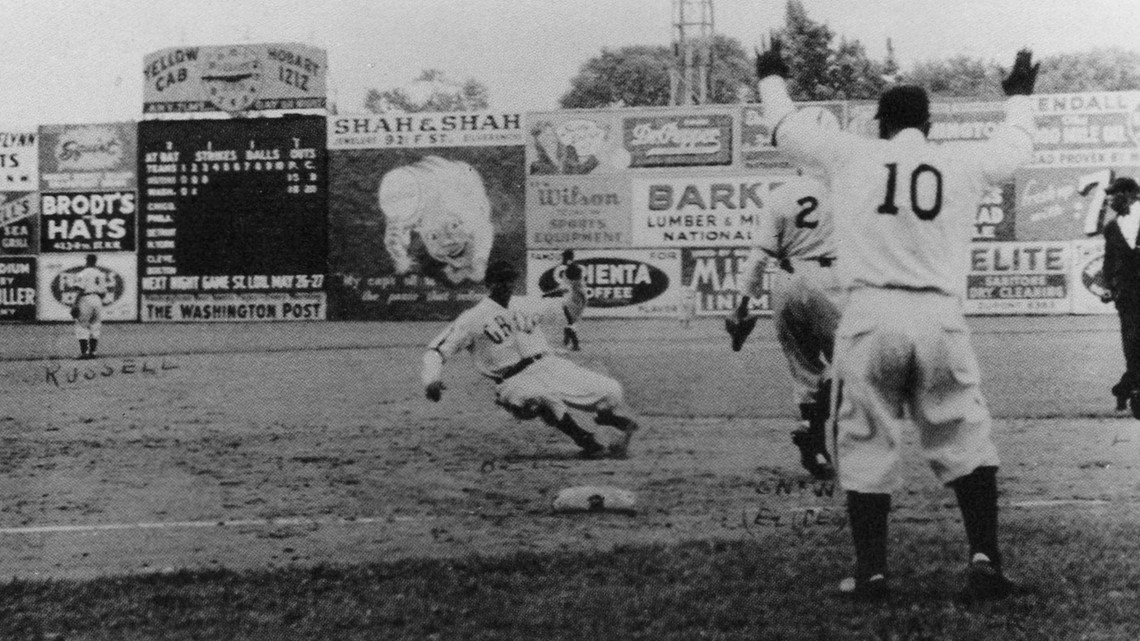
But how did Cool Papa become "Cool Papa"?
Well, when James Bell first started playing in the Negro Leagues, he was a pitcher. In one game, he was able to strand the bases loaded while facing Negro League legend Oscar Charleston. Somebody exclaimed, "That's one cool papa". And the name stuck.
Now that you know the story behind the nickname, it's time to learn the stories (well, legends really) behind his speed.
Cool Papa Bell very well could have been the fastest player in the history of baseball.
So, how fast was he? Let's get to those stories.
Bell reportedly scored from first on a bunt, stole two bases on one pitch and was so fast that Olympic sprinter and fastest man in the world Jesse Owens flat out refused to race him.
“Not only was it great speed, he’s perhaps the greatest baserunner this game has ever seen," Negro League Museum President Bob Kendrick said. “He had the uncanny ability to cut that bag on the inside… Cool would be so low to the ground that he could literally slap the bag with his hand and not fall over.”

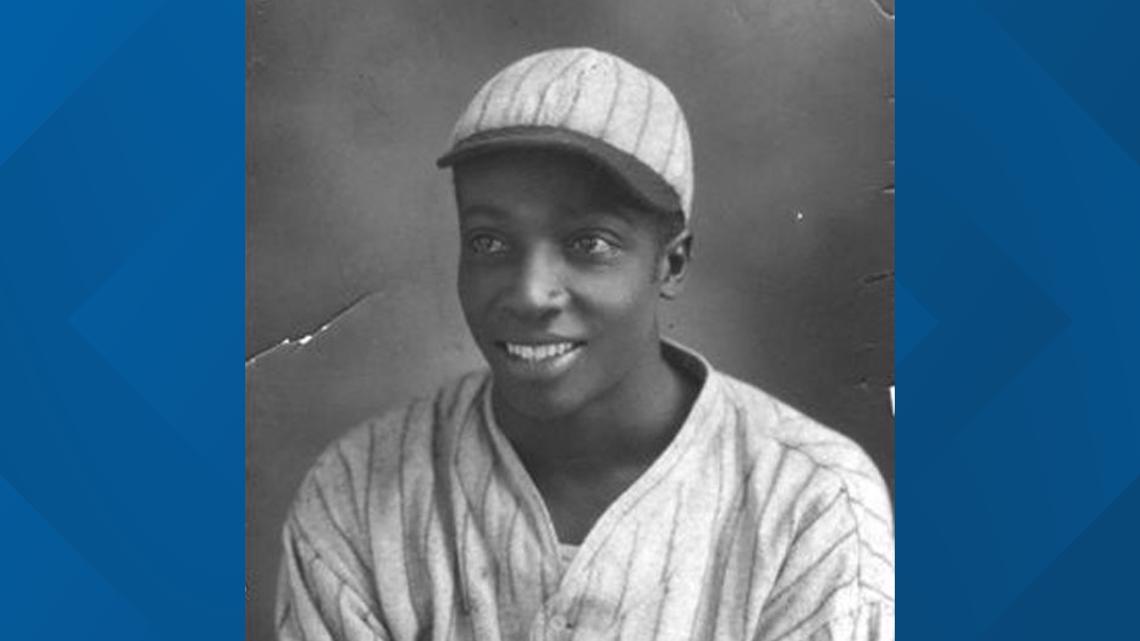
One of the most famous stories about Bell's speed came from another Negro League and baseball legend, Satchel Paige. And the craziest part is that it's technically true.
“Satchel would say that his good friend Cool Papa was so fast, that he could walk in a room, turn off the light, get in bed and pull up the covers before the room got dark," Kendrick said.
Well, the truth to that story is that there was a short in the light fixture in the room Bell and Paige were sharing as roommates. Whenever Bell would turn it off, the light would delay a bit before going dark. So, when Bell told Paige he could accomplish the feat of tucking himself in before the room went dark, he actually could. It's one of the most legendary stories of a great sports prank still to this day.
Bell became an outfielder in the Negro Leagues after he gave up pitching and eventually was inducted to the National Baseball Hall of Fame in 1974.
But before that, he was able to pass off some baserunning tips to another St. Louis speed legend: The one and only, Lou Brock.
“Lou said Cool started telling him some things about base-stealing and baserunning that he had never heard before. And he says, 'Cool Papa, I don’t remember seeing this in the book.' And Cool Papa said, 'It ain't in the book'," Kendrick said.

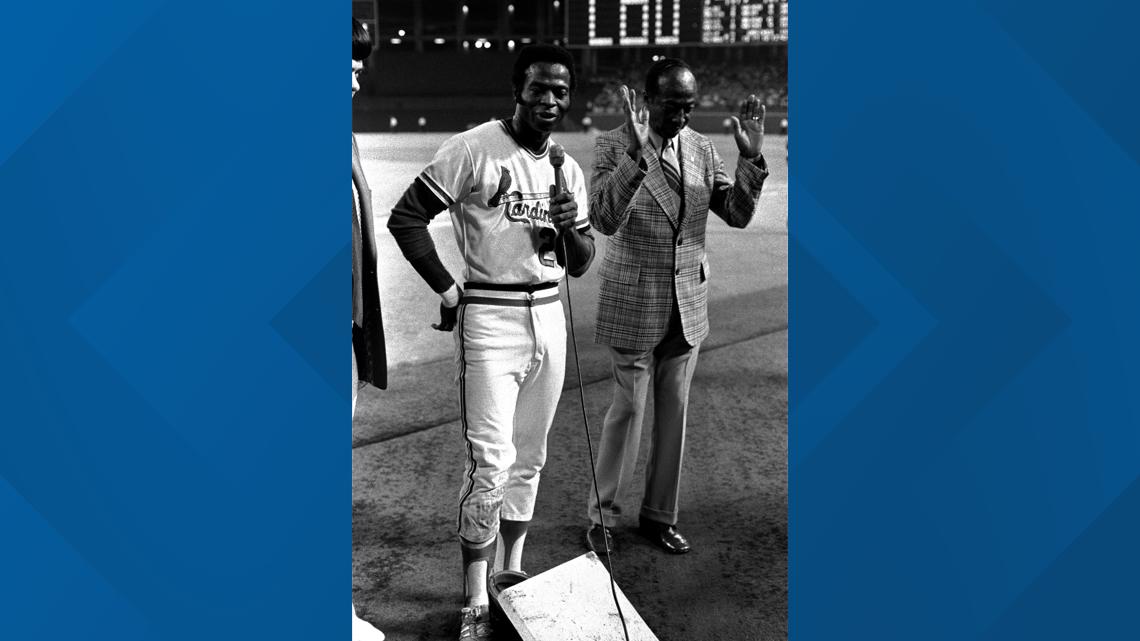
Bell is still remembered in St. Louis to this day.
His statue outside of Busch Stadium, which was dedicated in 2002, is one of the few like it around the country honoring the contributions of Negro League players.
Bell settled down in St. Louis until his death in 1991.
He has a street named after him in town as well. But if you ask Kendrick, the speed limit is a bit too slow...
“What’s the speed limit, 30 miles an hour? Well, that’s too slow. They should have named a section of the freeway for Cool Papa," Kendrick said.
And in the year of the centennial celebration of the Negro Leagues, he stands out as one of the most influential players in a league that made an impact not just on baseball, but on America.
“When we talk about the history of the Negro Leagues, we’re talking about the history of this country. The Negro Leagues played an important role in not only changing the game of baseball, but changing our country for the better," Kendrick said.
“It was all based on one simple principle. You won’t let me play with you? Then I’ll create a league of my own.”
You can learn more about the Negro Leagues by visiting the museum's website.

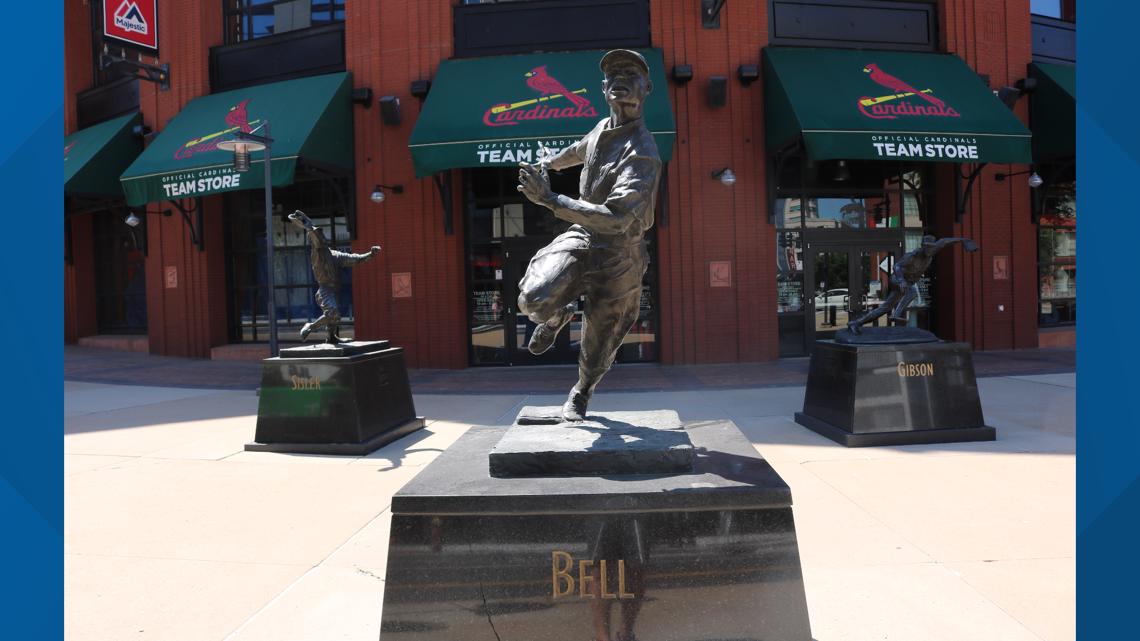
More Baseball Stories
RELATED: Adam Wainwright throws off Busch Stadium mound while Cardinals await word on plan for season start
RELATED: Dear baseball: Just figure it out

